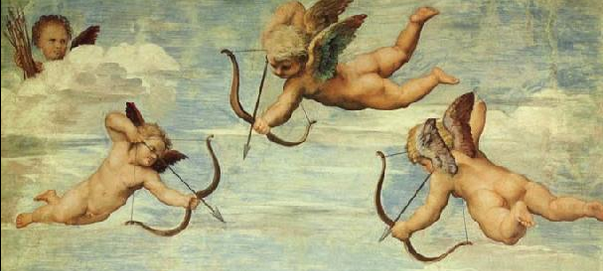Hamlet & the Gerasene Demoniac: Using Subversive, "Changeling" Words
Sometimes a single word can be politically subversive. BAPTISTA: Prince Hamlet claims the wife of the player queen (actually of a poisoned Italian duke) was named "Baptista," an Italian name in an otherwise mostly English play. An actual, historical figure, he claims. But this is not true. "Battista" was the wife of a predecessor of the poisoned duke, not the wife of the poisoned duke himself. [See the long note, p. 507, bottom, in the 1982 Arden Hamlet edited by Jenkins.] Did Hamlet and Shakespeare mess up the history, or is something else going on here? Something else, I think. Hamlet makes a point of it to mention her name because she is named after John the Baptist, the prophet mentioned in the gospels who opposed the marriage of Herod Antipas to his brother's divorced wife. Hamlet wants to use this name because, like John the Baptist who opposed an incestuous marriage, Hamlet opposes the incestuous marriage of Claudius and Gertrude. Shakespeare's



